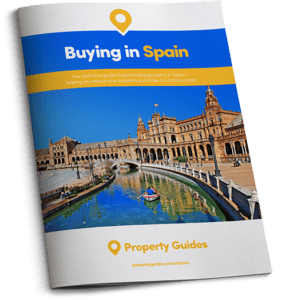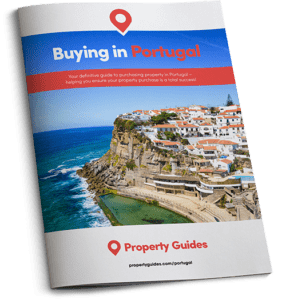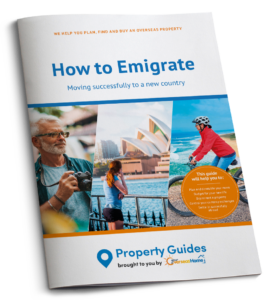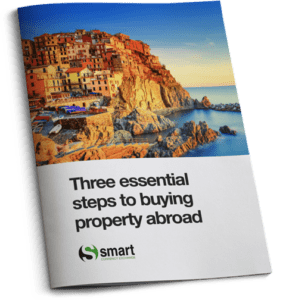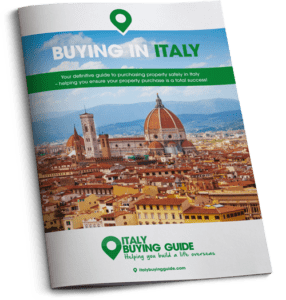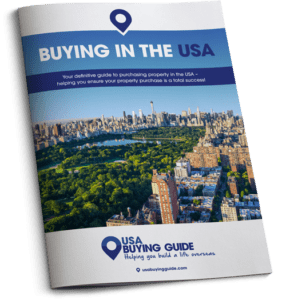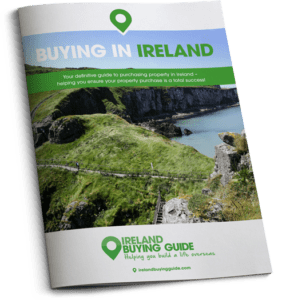With the Brexit deadline fast approaching and still uncertainty about whether we will actually end up with a trade deal, it’s no wonder that over 160,000 people in the UK have been issued Irish passports. It guarantees the continuation of their EU rights, including freedom of movement. So what are the qualifications to get an Irish passport, and how do you apply? We spoke to a number of British citizens in different situations to find out their experiences.
What are the rules for getting an Irish passport?
Irish citizenship can easily be acquired through descent or by marriage, as well as naturalisation.
If you were born on the island of Ireland before 2005, you qualify for Irish citizenship. If you were born on Ireland after 2005 and your parents are citizens, you also qualify.
Read more about buying a home in your favourite country by clicking on the link: France, Spain, Portugal, Italy, Cyprus, Greece, USA, Canada, Turkey, UK, Ireland…
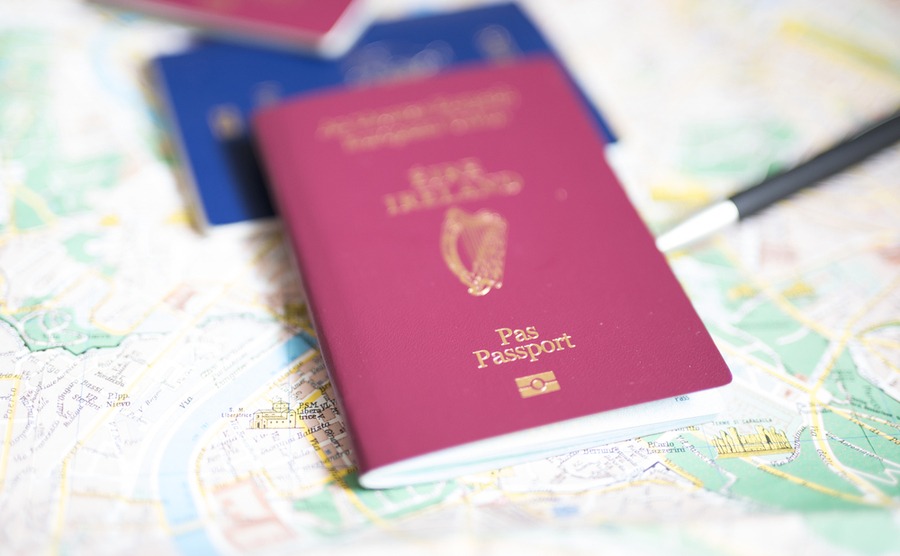
Even if you have just one Irish grandparent, you could qualify for Irish citizenship and an Irish passport.
Equally, if you were born overseas but have an Irish parent or grandparent, you will also qualify. You just need to first ensure that your and their births are added to the Foreign Births Register. If your great-grandparent was an Irish citizen, you qualify only if your parent’s birth was registered in the Foreign Births Register before you were born.
You can also apply for an Irish passport if you’ve been married or in a civil partnership with an Irish citizen for three years and you have spent a total of three of the last five years resident in Ireland.
If you actually live in Ireland, and have done so for five of the last nine years and intend to continue living there, you can also apply.
What is the application process like?
Generally speaking, most expats report that the process is pretty painless. The main requirement is to gather proof of your descent and so on and to fill in particular application forms. Once you have your citizenship, you can apply for an Irish passport.
You don’t even have to be in Ireland to do this. We spoke to people in a number of different situations, all of whom found it easy. Here’s what they had to say.
Richard, 34, British expat in France, with an Irish grandparent
Why did you apply?
Because my wife and I live, work, pay taxes, have a mortgage etc…all in France. We wanted to be absolutely certain we wouldn’t encounter any problems. Really we just want to stay in France, but we want to have the freedom to travel or to relocate if we fancy a change.
How did you find the application process?
It was hassle-free. I applied pretty much the day after the referendum result, via the Paris embassy. I had all of the relevant paperwork to hand already because my Father had applied for, and received his Irish passport, before the vote…even though he voted for Brexit!
What was the attitude of the immigration officials?
There was minimal contact. The majority of time is spent filling in forms and sending documents off. I was under the impression that it was all a bit chaotic their end, so I can’t really blame them if they’re rushed.
What would your advice be for anyone doing the same?
I would say be patient, triple check your documents and be prepared to wait for it to come through.
Do you feel more Irish now?
I am planning to go this year, but I don’t really feel more Irish.
Becki, 30s, British expat in Austria, with an Irish parent
Why did you apply?
I’m proud of my Irish heritage and Brexit pushed me to start the application process. I don’t want to leave my EU home country of Austria.
How did you find the application process?
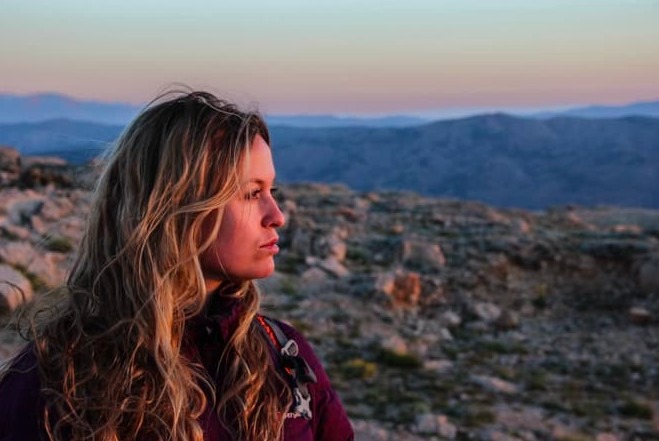
Becki applied for an Irish passport in Austria through descent.
My first step was applying for the documentation I needed to prove my granddad’s Irish heritage. I applied for these online from The National Archives of Ireland. I took all of my identification, my birth certificate and my father’s birth certificate to the Irish Embassy in Vienna, but I was turned away. Before I could submit my application for Irish citizenship, they needed me to get the marriage and divorce certificates for my parents, and my father’s passport – on headed paper, with a solicitor’s stamp.
It took thirty minutes to fill in the application, but the time spent gathering documents for an Irish passport is harder to quantify. It was a long process of rooting around for what we already had, and then establishing what else we needed to order.
It cost me €230 (£205) to apply for citizenship and €75 (£67) for my passport. It cost £10 for every certificate obtained, and around £15 for a solicitor’s stamp and letterhead. Fortunately, there was no need for me to travel to Ireland to make the application
How was the attitude of immigration officials?
On the whole, I found the Irish immigration officials to be very friendly and informative but also a little overwhelmed. Many, many people have come forward wanting the same thing and we all desperately want it quickly. Have patience. If you are eligible and have all of the relevant documents, you will be successful. You might just have to wait a while
What would your advice be for anyone doing the same?
The gathering of the documents is the most time-consuming part of the process. I also had to submit marriage and divorce papers from both my parents even though my Mum isn’t even the Irish one!
Do you feel more Irish now?
I cried tears of happiness when I got my citizenship certificate in the post. At that moment, I felt Irish and I realised how much it really meant to me.
Laura, 27, British expat in Ireland, with an Irish parent
Why did you apply?
I always wanted to move to Dublin, so when the referendum happened, I sprang into action. I have been living in Dublin since July 2018. Applying for the passport seemed the right thing to do! I specifically wanted to be able to live in Ireland, but I guess there are also all the places that my UK EU passport would have let me go…or live.
How did you find the application process?
My mum was born in Ireland so that’s where I got my right to an Irish passport from. The process was pretty easy and not as slow as I’d been led to believe it would be. My Mum, my brother and I all did it in the same application as me, and they took about three months to come through.
What was the attitude of the immigration officials?
There was no need to meet any officials. We just gathered the right documents, filled in the forms and sent them off. Three months later, three passports arrived in the post. Now I can mix and match with which passport I use!
What would your advice be for anyone doing the same?
Pay attention to exactly what you documentation you need to gather and follow the instructions. If you have the right evidence, applying is simple.
Do you feel more Irish now?
I can’t say I feel particularly Irish given I’m not really Irish, but I do enjoy telling Irish people in Dublin that I have an Irish passport when they mock me for being English.
Louise, 50s, living in the UK, with an Irish parent
Why did you apply?
Because I want to have options post-Brexit. Also, I want to make it easier for my daughter to get an Irish passport too, if she decides she wants one. I also might want to live in Spain or Greece one day, who knows? At the very least, I still want to be able to join the shorter EU queues at passport control!
How did you find the application process?
I had to send off for a lot of certificates that I didn’t have – my Mum’s birth certificate, my parents’ marriage certificate, and my own marriage certificate (to prove why my name was different to the one on my original birth certificate). My application got rejected first time because I didn’t have all the relevant information required to lodge a successful application.
What was the attitude of the immigration officials?
It was all form-filling, but the Irish embassy staff were extremely helpful whenever I emailed with a query (which I did on a few occasions).
What would your advice be for anyone doing the same?
It’s totally worth the hassle and not as expensive as some people think – a friend of mine was told it would cost £4k! It costs about £76 or thereabouts I think.
Do you feel more Irish now?
Well, yes, I guess it’s nice to embrace that side of me, especially as my mum died recently.
Nora, 31, living in the UK, with an Irish grandparent
Why did you apply?
I had always wanted to apply but had never got round to it. Brexit gave me a sense of urgency. My mum is Irish but as she was actually born in England and moved back with her parents as a child she never got Irish passport herself. As such, it’s been a bit more difficult than I originally anticipated.
How did you find the application process?
Finding my Grandad’s birth certificate and his and my Nana’s wedding certificate was a bit of a hassle. They were born in the 1920’s and were both quite poor – as were most people in Ireland back then. This meant things weren’t always recorded perfectly. It turned out my Grandad had changed his name illegally when he deserted from the Irish army! Which of course, no-one ever knew. He’s long dead so that was interesting to find out!
What was the attitude of the immigration officials?
Officials that I spoke to seemed quite taxed and overstretched with it all. They were friendly, but I got the impression it’s putting a lot of pressure on the system.
What would your advice be for anyone doing the same?
My advice would be to do it sooner rather than later. I have a strange hunch they might change things and tighten up the rules post Brexit.
Do you feel more Irish now?
I am actually really looking forward to having the passport, aside from just Brexit convenience etc, I’ve always been a bit of a ‘plastic paddy’ for want of a better term, so getting in touch with my roots has been nice. I’ve still got a lot of family over there and they’re very sentimental and supportive of the whole thing!



